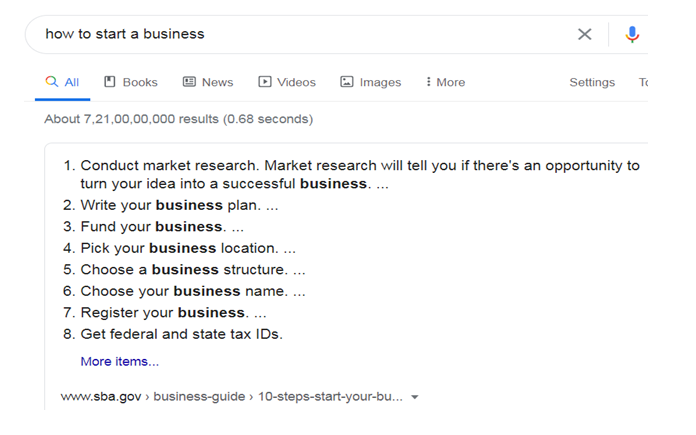With rapidly changing algorithms, Search Engine Optimization (SEO) can be daunting. When you optimize your blog posts and website for search engines, you are likely to be more visible to the audience who are looking for products and services associated with your niche over the internet.
Every blogger wants their blog post to rank higher on Google and appear in the results for all relevant searches. Blogging for SEO gives you a great opportunity to target numerous long-tail keywords, retain visitors on your site for longer, and build quality backlinks. Producing content is good, but you can go much further by putting the best SEO efforts and take a few steps to optimize your blog posts.
But does blogging really help your website rank on Google? Let’s find out!
Does Blogging Help SEO?

Yes, it does. That’s the short answer. Blogging can help to boost your SEO efforts by positioning your site on the top whenever users enter any query related to your products and services. Blog posts that particularly utilize on-page SEO tips and strategies will likely to rank high in search engines and acquire more customers to your website. When you publish blog posts regularly that doesn’t compromise on quality and relevance, it can make a big difference on your website performance.
So when it comes to blogging, what really matters, and what tactics you should use to improve your search engine visibility? Further, we will cover actionable tips and tricks to optimize your blogs for SEO.
Let’s get started!
1. Focus on Keyword Research
Keyword research should be the primary step to take when developing a blog strategy for Search Engine Optimization (SEO) as it helps you to find out types of topics your audience is looking for. In each blog post, it is smart to incorporate one primary keyword or two alongside related secondary keywords. Remember to don’t ever force any keyword that seems irrelevant because search engines don’t entertain keyword stuffing and you could be penalized for that.
Here are a few tips to do blogging keyword research:
- Opt for long-tail keywords: One or two-phases are usually competitive and difficult to rank, so go for longer phrases or questions to be more specific. For instance, target a broad keyword like ‘SEO’ makes less sense than opting for something like ‘local SEO small business.’
- Optimize your content for voice search: Since more people are inclining towards voice assistants like Siri and Alexa, considering voice search is more worth your time. It is a newer concept in SEO so it could be a great way to be competitive.
2. Look for Rich Results in SERP
Once you have set your target keywords, it’s time to do some searches that include rich results on search engine results pages (SERPs).

If a search for your keyword shows a featured snippet above the organic results, or if it may include video thumbnails, images, or other rich information, then you need to optimize your blog for those elements. In some cases, you can add schema markup to your web page to change the structure of your content.
1. Select Your Blog Post Title Well
The title plays a significant role in determining what the page is all about. This could be a great opportunity to convey your topic on the search engines by using your primary keyword. Ensure to include it in a way that seems relevant. If your title is confusing, it may lose the readers’ interest and hurt your SEO performance.
2. Include the Keyword in Your URL
The page URL is a crucial place to include your target keyword. It is another element of the page search engines look at to understand what page is about and is an integral ranking factor. Make sure to customize the URL before publishing. For instance, a blog post on how to find casual shoes should have a URL like www.shoestore.com/blog/casual-shoes.
3. Use Relevant Meta Description
Meta descriptions do influence what people discover when they’re browsing their options or queries on the SERP. If they’re trying to select between a few links, a powerful description that uses the keyword they’re looking for could make a huge difference in their selection process. So, describe what your page is about using your target keyword to reach a wider audience.
4. Make Sure Your Blog is Responsive

Nowadays, people use search engines more from their mobile devices than on a computer. Google may likely to show mobile-friendly results first for valuable search queries. Use responsive design to make your content and website mobile-friendly so that both desktop and mobile users can connect with one URL instead of two. This will help you to increase your posts’ credibility and SEO rankings.
Wrapping Up
Things constantly evolve in SEO, but as long as you keep up with the basics, your blog will remain the most powerful SEO tactic. Every blog post you publish generates an opportunity to strengthen your website’s visibility. Keep in mind that these tips won’t take you to the top overnight. Just be patient, record every change, and measure your SEO performance regularly to drive superior results.

